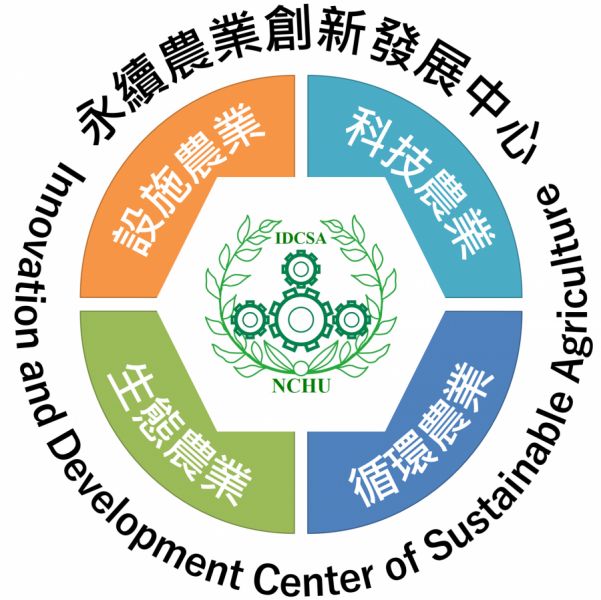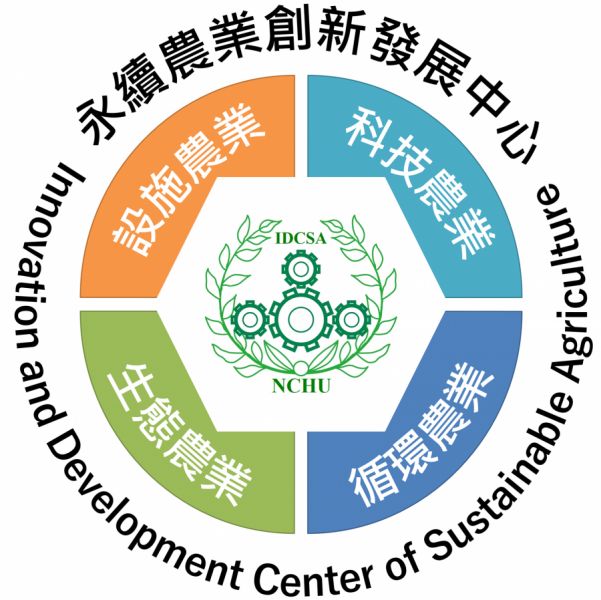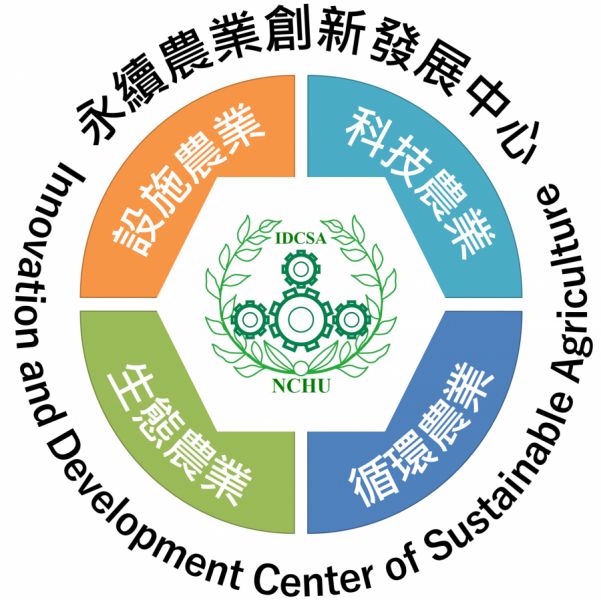2021 Focus:
In 2021, we held regional and global academic events to enhance our cooperations with scholars from the U.S., Norway, India, China, Japan, Hong Kong, etc. on topics concerning Environmental Humanities so as to facilitate bi- and multilateral research and teaching exchanges.
1.RCHSS organized Encounters between East and West: Dualistic and Holistic Thinking in Ecological Aesthetics Forum and invited distinguished international scholars from USA, and the U.K. to conduct dialogues with domestic scholars, investigating ecological aesthetics as shown in Eastern and Western philosophy, literature and movies from comparative perspectives.
2.RCHSS also organized the first NCHU Summer School for the Environmental Humanities in Asia. The theme of this event was “Imagining Nature in the Anthropocene.” Prestigious scholars at home and abroad have participated as keynote speakers or workshop leaders to guide junior scholars who are interested in environmental movements and ecological studies to broaden visions, deepen concerns, and substantiate researches.
3.RCHSS executed “The Asia-Norway Environmental Storytelling Network” (ANEST) with University of Stavanger, organizing workshops in Taiwan and cooperating with institutes of higher education in the US, Norway, India, China, Japan and Hong Kong to promote international academic exchanges and communication.
4.The team organized the second workshop on “The Turn to the Environment in Asian/American Literature.” Papers presented in the workshop were concerned with topics such as agriculture, organic farming, biology, and multispecies, etc. in transnational Asian/American literature. Based on the findings of the workshop, we have launched a book project, seeking to publish the first collection on Asian/American literature and Environmental Humanities in Taiwan.
5.RCHSS held “Forward-thinking Issues in the Humanities” lecture series, inviting prestigious international scholars and giving 11 speeches. One of the main themes was “Vision for the Environmental Humanities.” Seven renowned international scholars from USA, Canada and Korea were invited to deliver speeches on various emerging topics such as medical humanities, American aboriginal art and mass culture, etc.
6.RCHSS continued to organize series of lectures on agriculture-related issues. This year we focused on “Agricultural Life Stories and the Environment” and invited one scholar form USA, three from Taiwan to investigate the ways in which politics and Global Capitalism affect the development of agriculture.
7.The team continued its project of recording Seediq aboriginal farming and weaving cultures in Qing-liu Village (Alang Gluban) by holding a youth forum on the themes of Wushe Incident (Mkuni Paran), Hunting and Weaving Cultures. The forum invited Han as well as indigenous scholars from the tribe to teach the know-hows of fieldwork and refined skills of weavings and hunting. The goal of the forum was to pass down the cultural memories to the younger generation of the tribe.
2022 Focus:
In 2022, RCHSS will focus on the research of the history of agriculture and the environment, working on issues including 1. Studies of State Farms, 2. Agriculture, Forest and Environmental Changes, 3. Interactions among Modern Agriculture, Animals and Plants, to further explore the conflicts between humans and the environment, humans and nature.
1.A Study on Politics of Agriculture: The State and Agriculture—A Study on the State Farm in Modern China
State Farms are significant bases in the agricultural development in the 20th century. They have effects on production control, developments of resources and new methods of management. In view of Taiwanese experiences, state farms owned by Taiwan Sugar Corporation and Veterans Affairs Council had served as experimental bases for agricultural improvement, cultivation of new crops, and new models of management since the 1950s. China, on the other hand, had introduced kolkhoz, a massive productive form of collective farm originated from former Soviet Union. It has changed the modes of production and management in China greatly. We plan to take the system of state farms as a case to discuss how the system was introduced at the beginning of the 20th Century, how it was promoted during Sino-Japanese War and how it was transformed into large farm patterns across the strait after WWII. Through this, we expect to observe the ways in which a state increased its control over environmental resources, village organizations and agricultural products.
2.Lecture Series: Agriculture, Forest and Environmental Changes
The developments of agriculture have something to do with forests, water and soil conservation and hydrology changes, especially the progress of technology and engineering since the 20th century. Humans have acquired the ability to modify the environments such as exploitation of forests in mountains and building reservoirs. We plan to invite domestic as well international scholars for lectures. These are experts on mountains exploitation and water/soil conservation and their speeches will cover important issues related to the environmental changes caused by human beings, discussing how environmental and forests changes have shaped the modern society.
3.Workshop: Animals and Plants in Modern Knowledge System
Livestock and economic plants are inseparable from agricultural products in human life. The relationship among humans, animals and plants are the indispensable base of obtainment of resources and reconstruction of the environment. Since the 19th century, with the development of modern knowledge, the investigations of species, biological migrations and disease-prevented in animals and plants become increasingly important. They have had great impacts on the pattern of farm managements, and consumption of food and consuming culture, and the method of the exploitation of the environment. Accordingly, we will co-organize with Graduate Institute of History, NCU, to hold a Workshop on “Animals and Plants in Modern Knowledge System,” in which we plan to invite domestic scholars to give talks on the related issues and hope to obtain further understanding of the complicated relationships between species migration and human societies.
4.International Scholars Series Lectures: Vision for the Environmental Humanities
Under the theme of Vision for the Environmental Humanities, there will be four lectures to be delivered. We plan to invite Anna Lowenhaupt Tsing (Professor, Anthropology Department, UCSC)、Elizabeth DeLoughrey (Professor, Department of English, UCLA)、Alexa Weik von Mossner (Associate Professor, American Studies, University of Klagenfurt in Austria) and Thom van Dooren (Associate Professor, Department of Gender and Cultural Studies and the Sydney Environment Institute, University of Sydney)
5.In the year 2022 we plan to publish three books: Literary Foodscapes of the Anthropocene: Perspective from Asia (Peter Lang), The Turn to the Environment in Asian/American Literature (Bookman) and a monograph on community empowerment in Satoyama.
Subproject 13 : Environment of Agriculture Humane Cultural 2021-12-31




